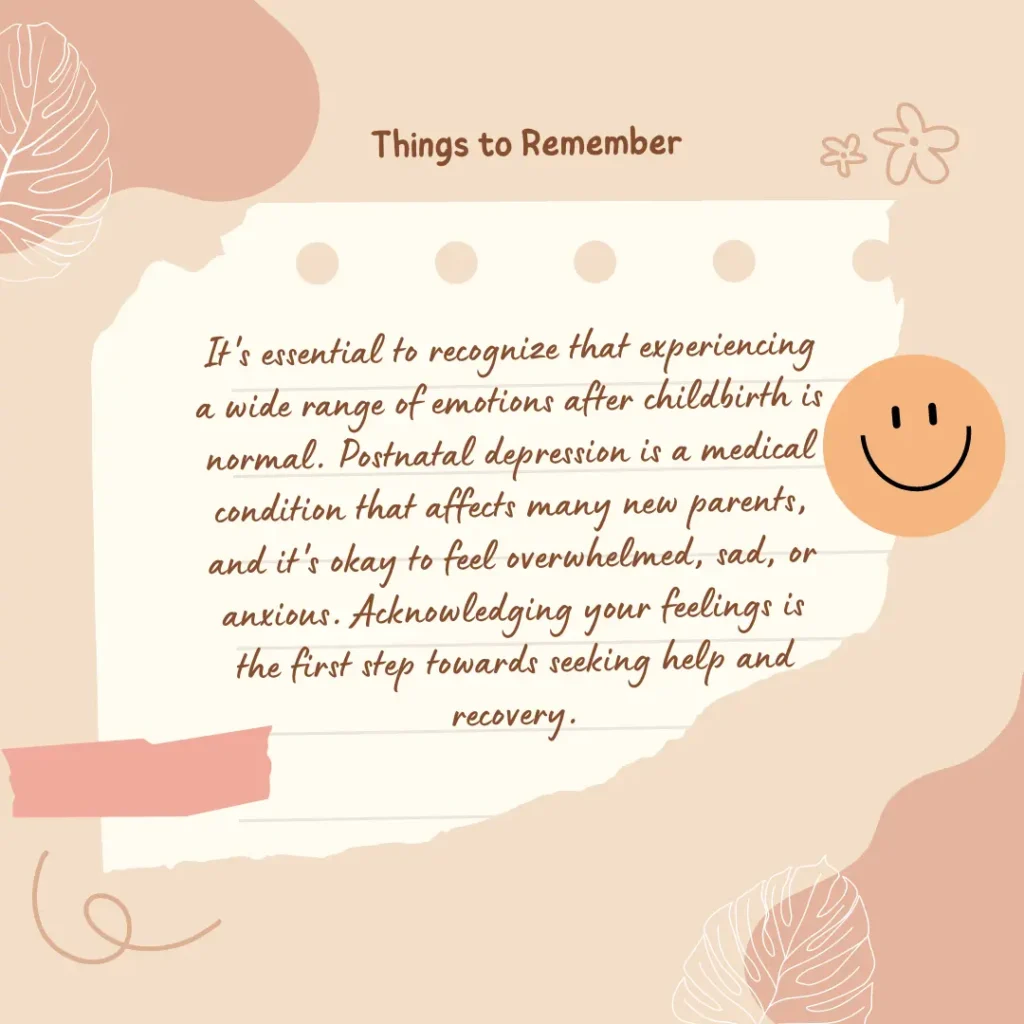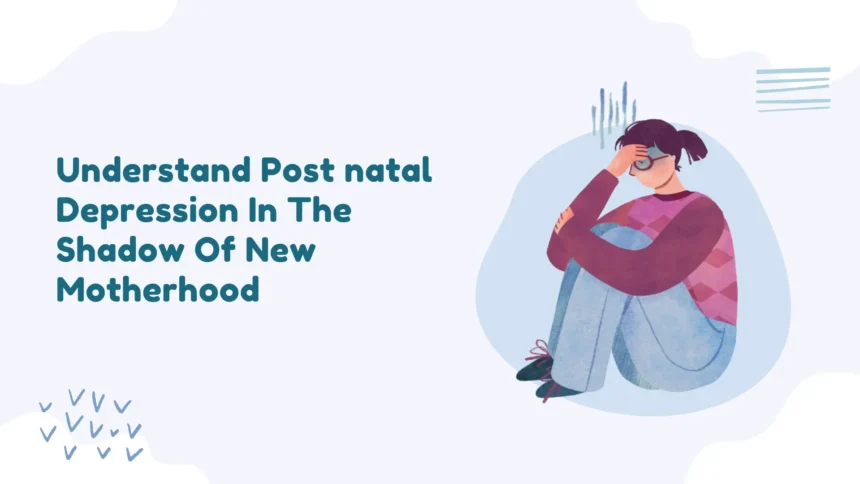Post natal depression is characterized by more prolonged, more severe emotions of sadness, numbness, or hopelessness that impair your capacity to cope with and enjoy your daily life. A depressed mood is frequently accompanied by symptoms such as difficulty sleeping, low appetite, or eating habits left untreated; postpartum depression usually increases over time.
Postpartum depression is a kind of depression. Many parents go through it after having a baby. It’s a widespread condition, affecting more than one out of every ten moms within a year following childbirth. It can also impact dads and partners; however, this is less prevalent. Many people feel depressed, angry, or anxious in the first week after giving birth, which is referred to as the ‘baby blues’ and is considered natural. The baby blues do not persist more than two weeks after giving birth.
What’s the differentiating factor between ‘baby blues’ and postnatal depression?
Postnatal depression is characterized by symptoms that persist for more than two weeks, are more severe, and frequently interfere with your regular functioning. Post natal depression, unlike ‘baby blues,’ does not usually go away on its own, which can be particularly challenging to deal with when you’re recovering from childbirth and have a new infant to take care of.
Approximately four out of five new mothers have ‘baby blues’ the first week after delivering a baby. These emotions tend to be triggered by hormonal changes following pregnancy and childbirth. You may experience mood swings, anxiety, tears, or problems sleeping.
What Factors Contribute to Postnatal Depression?
There are risk factors that enhance the likelihood of developing post natal depression:
- History of depression.
- Previous pregnancy losses.
- Possible risk factors include a difficult pregnancy or birth, a sick baby, and a history of physical, sexual, or emotional abuse.
- Lack of social support.
- If you suffer from these risk factors, ensure adequate practical and psychological care during and after your baby’s birth.
What are the indicators of postnatal depression?
Common indicators of post natal depression you may experience are:
- Feeling low or numb.
- Feeling sad or useless, losing interest in others, especially your new baby, sleeping excessively, or experiencing difficulties. Sleeping shifts might lead to hunger fluctuations and weight loss or increase.
- Difficulty managing everyday activities.
- Thoughts of hurting yourself or your child.
How is post natal depression after delivery diagnosed?
Consult your physician, midwife, or child health nurse if you have experienced signs of postpartum depression.
They might ask about how you have been feeling, give you a questionnaire to complete, and request to talk with your partner if you have one. They may also perform a physical exam. Try to be as honest as possible; this will help the doctor or nurse to provide you with the necessary therapy and assistance. Remember that postnatal anxiety and depression are widespread. There is no reason to feel ashamed.
What is postpartum depression psychosis?
Postpartum depression psychosis is a rare but dangerous mental disease that develops shortly after giving birth. Postpartum psychosis causes a person to lose contact with reality and may result in disorientation, extreme agitation, delusions (fixed and untrue thoughts that can be distressing), and hallucinations. Postpartum psychosis symptoms can appear suddenly and can be frightening and unpleasant for both the affected individual and their loved ones.
Postpartum psychosis is a psychiatric emergency that must be treated immediately. If left untreated, it can be highly hazardous to both you and your newborn. If you are concerned that you or someone you care about is affected, seek help immediately.
The actual causes of Postnatal depression are yet unknown.
What causes paternal postpartum depression in men?
Men, although not having experienced pregnancy or physical birth, are also going through a life-changing event as they transition to fatherhood. Regardless of the circumstances, transitioning to motherhood may be complex and emotional. Adding sleep loss into the equation can make daily living stressful.
According to research, one out of every ten men has postpartum depression between the first trimester and one year after childbirth.
Postnatal depression in males, though often overlooked, is a natural and significant issue. Fathers can also experience feelings of sadness, anxiety, and hopelessness after the birth of a child. Early intervention and assistance can significantly improve the well-being of men experiencing postnatal depression as well as the well-being of their families. Therefore, it is critical to identify and assist these fathers. Similar to how it affects certain women, these stressful changes can cause depression in men. According to one study, between 2% and 5% of new fathers have been diagnosed with depression six weeks after giving birth.
The risk factors for PND in fathers and spouses include:
- aged parents,
- first-time parents
- a small social group.
- Limited social connection, support, and education.
What causes postpartum depression?
More research is needed to determine the relationship between the quick reduction in hormones during birth and depression. pregnancy hormones such as Estrogen and progesterone levels tend to increase ten times during pregnancy but suddenly fall dramatically after birth. By three days postpartum, these hormones have returned to pre-pregnancy levels.
Postpartum depression causes disturbed sleep patterns, parental concerns, or changes in your relationships are some examples of physical changes.

How long does postpartum depression last?
Postpartum depression may remain up to one year following your child’s birth. However, this does not imply that you should feel “cured” in a year. Inform your healthcare practitioner about your symptoms and treatment. Be honest about your feelings. Consider whether you feel better now than when you were first diagnosed. Then, they can suggest continuous treatment for your symptoms.
Postpartum or baby blues
After childbirth, 50% to 75% of people experience the baby blues. If you experience the baby blues, you will cry frequently and for no apparent reason, as well as feel unhappy and anxious. The disease commonly appears in the first week (one to four days) after delivery.
Despite the discomfort, the ailment typically resolves within two weeks without therapy. The best thing you can do is seek assistance from friends, family, or your partner.
If you believe you have postpartum depression, contact your healthcare practitioner, which may be your obstetrician, general care physician, or mental health provider. Your baby’s pediatrician can also assist you.
What are some strategies to deal with postpartum depression?
It’s okay to feel overwhelmed. Parenting has its ups and downs, and having a baby is no easy task. Suffering from depression doesn’t have to be your only option. Your doctor may assist you in determining the best treatment option for you.
Here are some ways you can cope with postpartum depression:
- Find some friend ,therapist ,a friend or family member to talk about or anyone who would listen and assist you.
- Join a peer support club for new parents.
- Try to eat healthily and make time for exercise.
- Make rest a priority for yourself.
- Go out with friends or call them on the phone.
- Set aside time for self-care and activities you enjoy, such as reading or other hobbies.
- Seek assistance with domestic chores.
Read more about Pelvic floor exercises during pregnancy
Can postpartum depression be prevented?
Postpartum depression is not entirely prevented. Understanding the warning symptoms and what factors enhance your risk is beneficial. Here are some measures to help and prevent postpartum depression.
- Maintain realistic expectations for yourself and your baby.
- Limit visitors when you initially get home.
- Ask for help and let people know how they may assist you.
- Sleep or rest while your baby sleeps.
- Exercise,walk and get out of the house for a break.
- Keep in touch with your family and friends; do not isolate yourself.
- Spend time with your partner to strengthen your relationship.
- Expect some good and bad days.
When should I seek professional medical help for symptoms of postpartum depression?
- Seek expert help if symptoms remain for more than two weeks.
- You can’t operate regularly or deal with everyday problems.
- You are considering harming yourself or your kid.
- You spend most of the day feeling excessively nervous, afraid, and panicked



